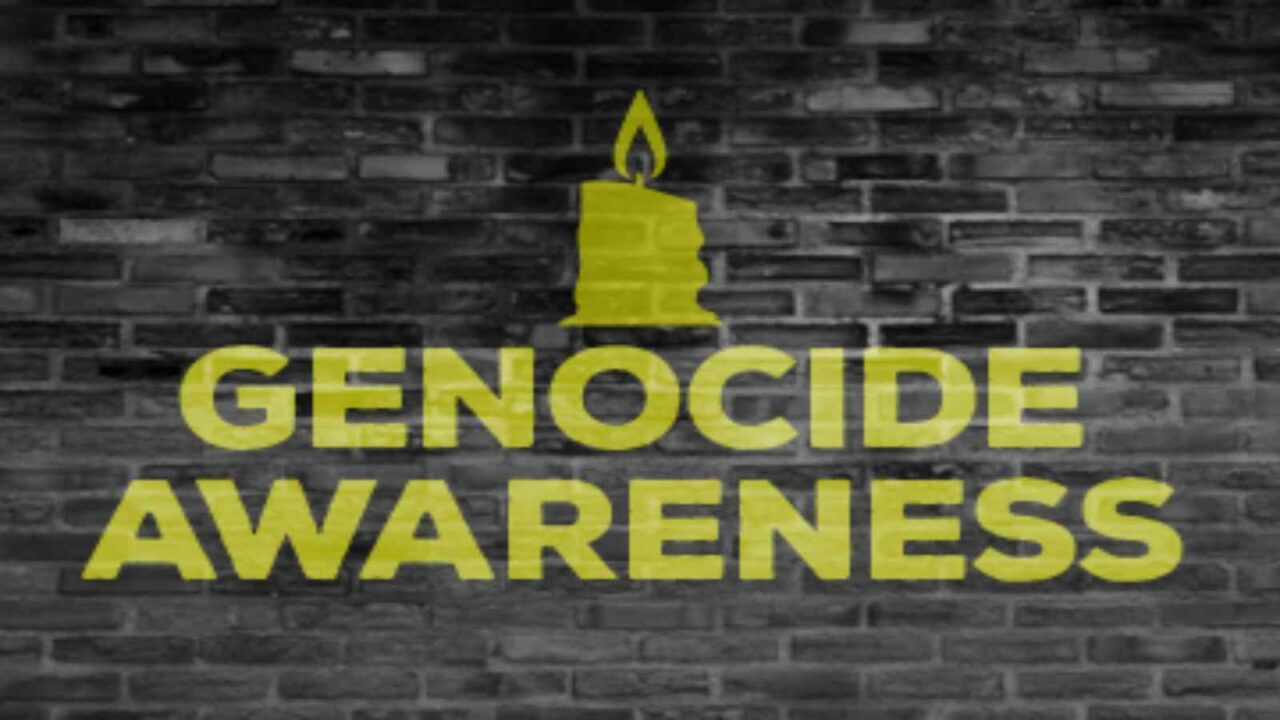December 9 is Genocide Prevention Day, and Australians have an opportunity to show leadership on this issue by ratifying the Genocide Convention. For too long, Australia has been content to remain a bystander while other countries have taken action to prevent genocide. But with our recent ratification of the UN Convention on the Prevention and Punishment of the Crime of Genocide, we now have a chance to show leadership on this issue. Australia has always had a strong commitment to human rights, and ratifying the Genocide Convention will be a powerful way to reaffirm that commitment. It will also send a strong message to the international community that we are serious about preventing genocide. So what exactly is the Genocide Convention? And what does it mean for Australia? Read on to find out.
The origins of Genocide Prevention Day
The date was chosen to commemorate the anniversary of the adoption of the 1948 Convention on the Prevention and Punishment of the Crime of Genocide. The Convention defines genocide as “any of the following acts committed with intent to destroy, in whole or in part, a national, ethnic, racial or religious group, as such: killing members of the group; causing serious bodily or mental harm to members of the group; deliberately inflicting on the group conditions of life calculated to bring about its physical destruction in whole or in part; imposing measures intended to prevent births within the group; [and] forcibly transferring children of the group to another group”.
Since its inception, Genocide Prevention Day has been marked by events and activities around the world aimed at raising awareness about genocide and promoting prevention. In Australia, events have included public lectures, exhibitions, film screenings and debates.
International Anti-Corruption Day 2022: Date, Causes, Effects and Different Types of Corruption
What is genocide and who does it affect?
The term ‘genocide’ was coined by lawyer Raphael Lemkin in 1944, who defined it as the “destruction of a nation or an ethnic group”. Genocide is a specific type of crime that encompasses the intentional extermination of a particular group of people. This can be done through mass killing, forced displacement, altering the group’s living conditions to bring about its physical destruction in whole or in part, or imposing measures intended to prevent births within the group.
Genocide does not just affect those who are killed – it also has a profound and long-lasting impact on survivors and witnesses. It can tear families and communities apart, and leave deep psychological scars.
While genocide can happen anywhere, it is most often seen in countries where there is social disharmony or conflict, such as Rwanda, Bosnia and Cambodia. In recent years we have also seen genocide occur in Syria and Iraq.
While any group of people can be victims of genocide, history shows that certain groups are more vulnerable than others. These include ethnic minorities, indigenous peoples, religious groups and other marginalized communities.
International Civil Aviation Day 2022: Date, History and Importance
Australia’s role in genocide prevention
Australia has been an active member of the global community in Genocide prevention, most notably through its involvement in the International Commission of Inquiry on Darfur and its support for the United Nations Assistance Mission in Rwanda.
In recent years, Australia has also provided significant financial and military support to peacekeeping missions in Timor-Leste and the Solomon Islands.
As a permanent member of the UN Security Council, Australia has used its position to advocate for stronger international action on mass atrocity crimes. In particular, Australia has worked to promote the use of early warning systems and preventative diplomacy to address potential threats of genocide and mass violence.
The importance of Genocide Prevention Day
According to the United Nations, genocide is defined as “the intentional destruction, in whole or in part, of a national, ethnic, racial or religious group”.
Since the Holocaust occurred over 70 years ago, many people mistakenly believe that genocide is a thing of the past. Unfortunately, this could not be further from the truth. In fact, there have been over 150 documented cases of genocide since 1945.
Genocide Prevention Day is therefore an important day to reflect on the horrific events of the past and to recommit ourselves to working towards a future where such atrocities are no longer possible.
There are many things we can do to help prevent genocide from occurring. We can learn about and educate others about the warning signs of genocide. We can support organisations working to protect vulnerable groups around the world. And we can put pressure on our government leaders to take action when they see warning signs emerging
Conclusion
It is never too late to learn from the past and work towards a future where genocide does not exist. December 9th should be remembered as a day of prevention, so that we can honour the lives lost in genocides and do everything in our power to make sure such atrocities never happen again. In Australia, we have the opportunity to lead the way in genocide prevention, and I urge everyone reading this to take action on December 9th – Genocide Prevention Day. Let us show the world that we are committed to making a difference.
GENOCIDE PREVENTION DAY DATES
| Year | Date | Day |
|---|---|---|
| 2022 | December 9 | Friday |
| 2023 | December 9 | Saturday |
| 2024 | December 9 | Monday |
| 2025 | December 9 | Tuesday |
| 2026 | December 9 | Wednesday |


















